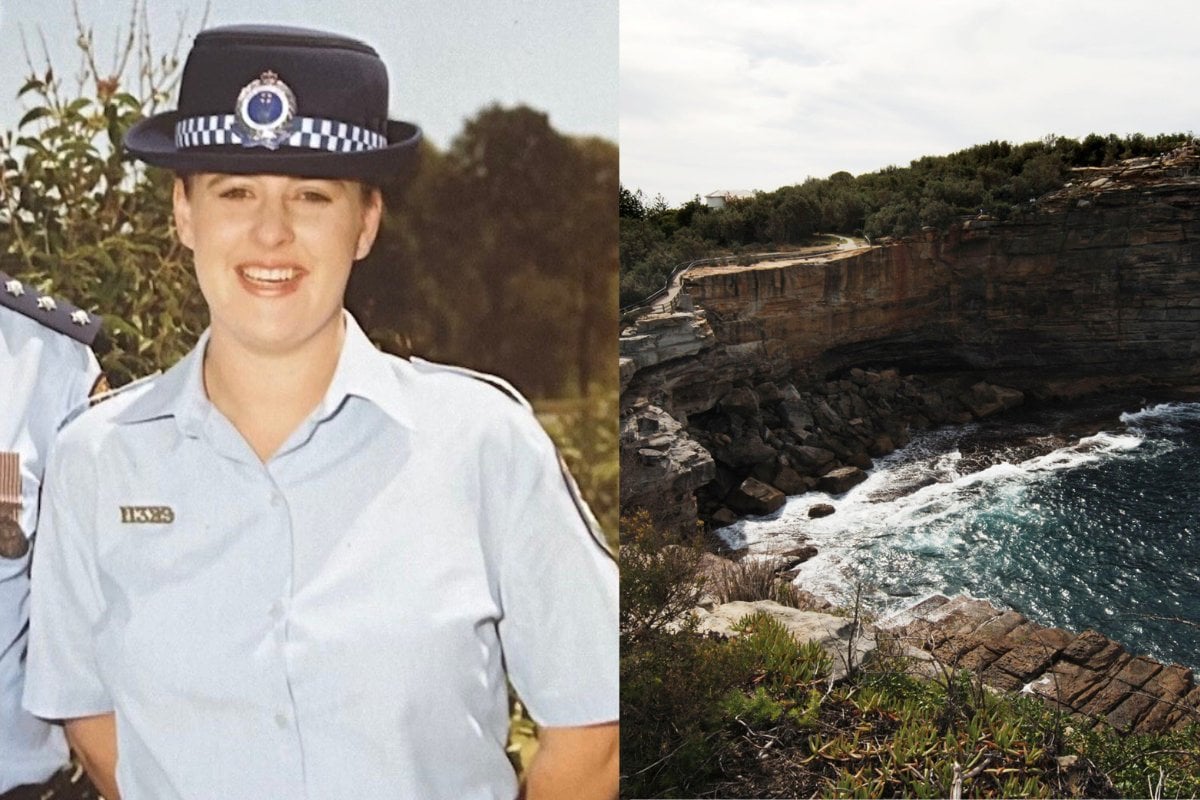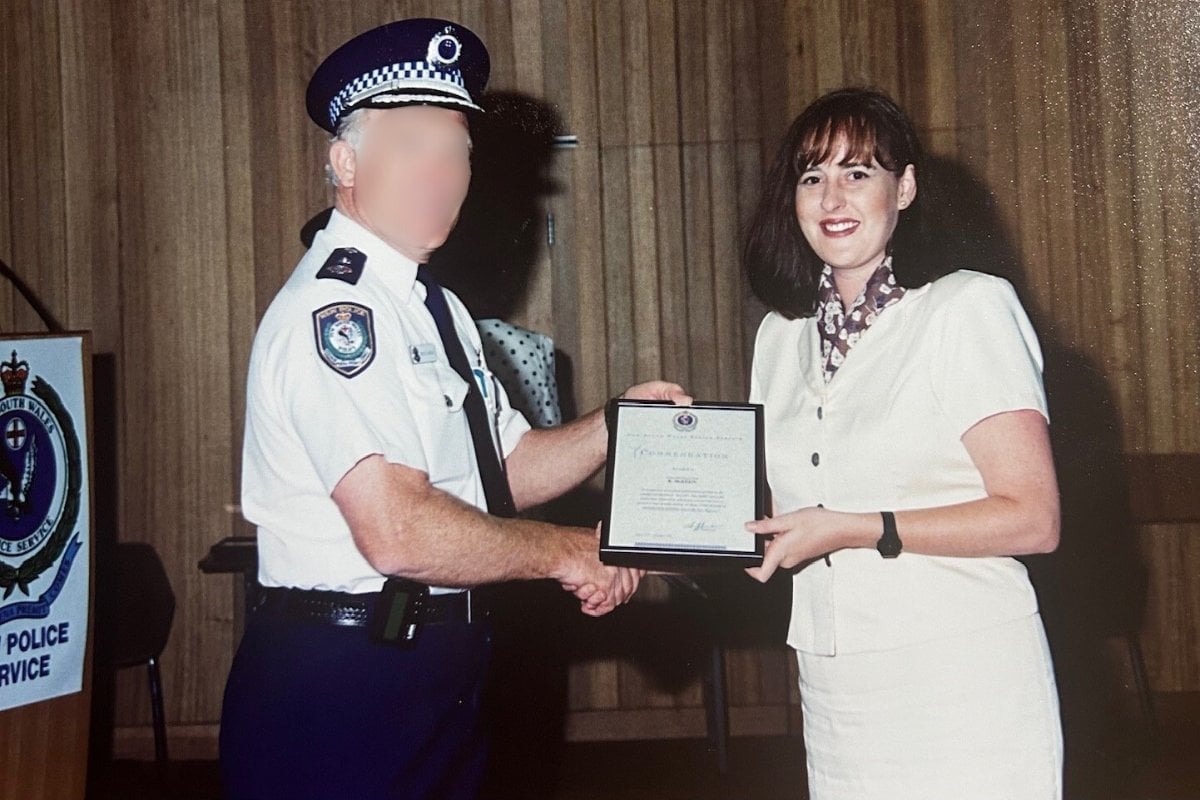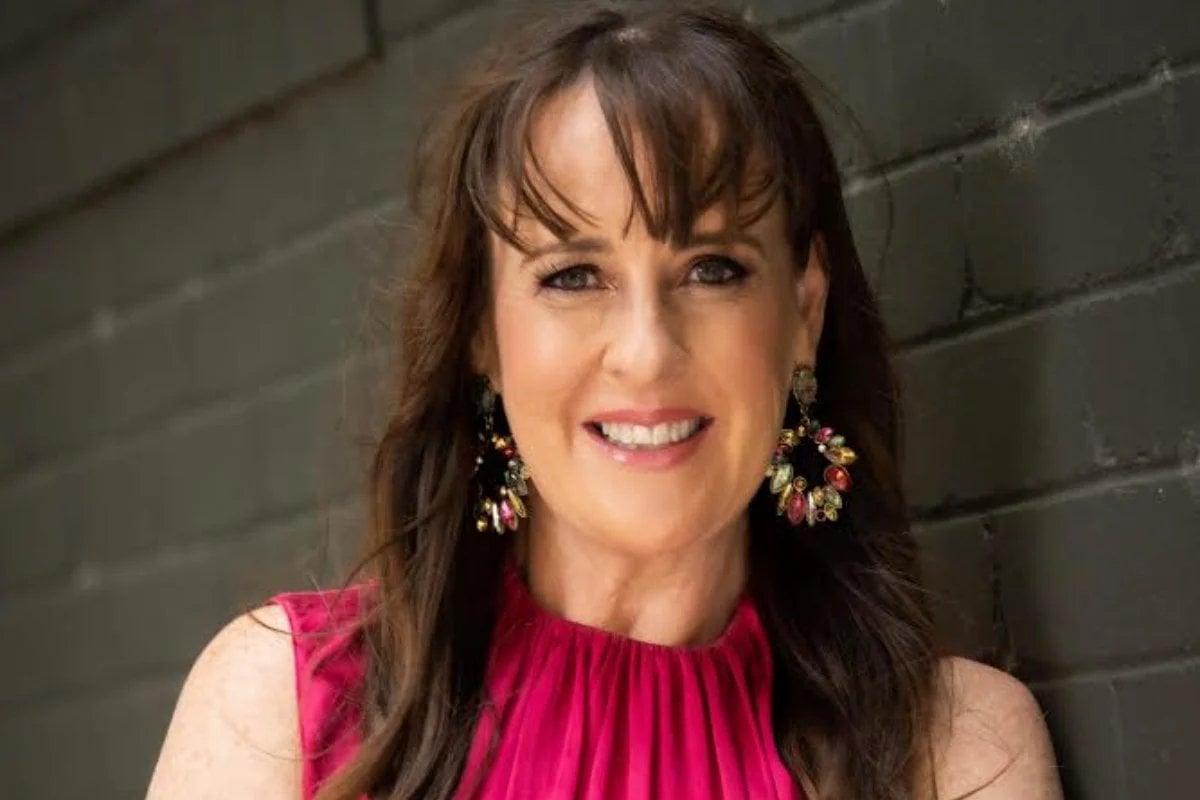
Content warning: This article deals with suicidal ideation and domestic violence.
It was 1997. A clear summer's day in early December.
Kylee Dennis was called to a cliff-top spot, where a young woman appeared to be distressed. Kylee and her team had been tasked with trying to save this woman's life. Police Rescue services were on standby metres away. Psychologists were also on-call if needed.
"She was just sitting there, contemplating everything and a concerned neighbour had called the police. We turned up and myself and the other negotiators were harnessed up for safety. We got over the fence and sat with her as close as we possibly could, the ocean and rocks below," Kylee tells Mamamia.
"The view was beautiful that day and we sat there staring out into the sky. The woman told me that everything about her life was falling apart. We sat together, and I let her speak and reflect on what she was feeling."
Listening is one of the hardest things we can do. But in this instance, Kylee's empathy and kind words helped this woman feel less alone. Kylee saved a life that day.
In her 14 years in the NSW Police Force, there were countless high-risk situations that Kylee found herself in as a police crisis negotiator.
***
It was an incident when she was 13 years old that made Kylee interested in joining the police force.
"When I was 13, there was a shooting that happened on my home's doorstep. We lived in this small country town where my dad worked as a police officer and there had been a domestic violence situation at a neighbour's place.






























































































